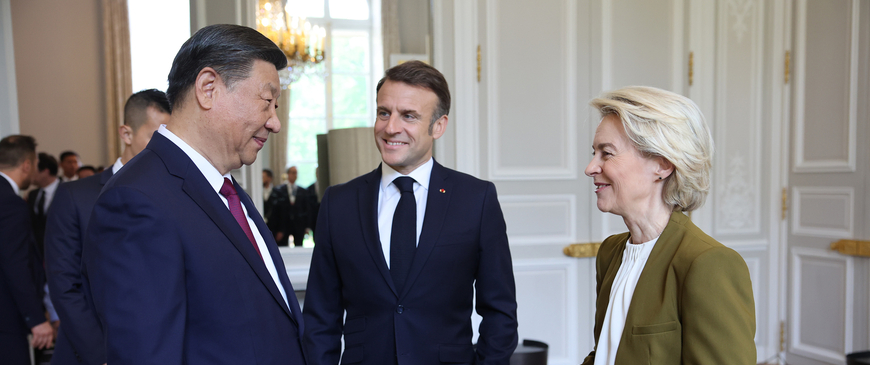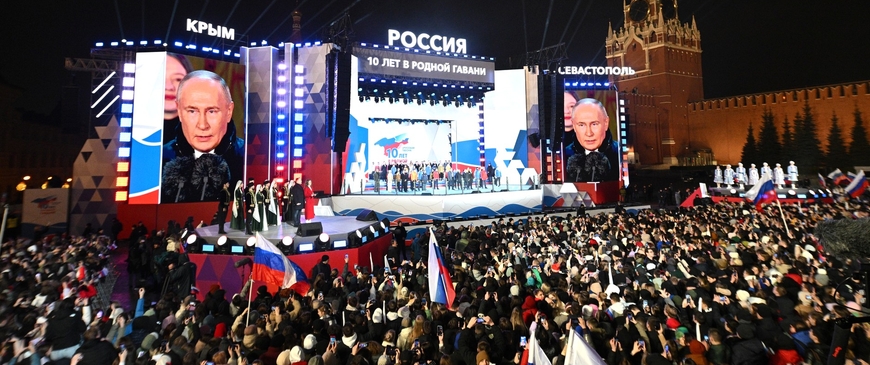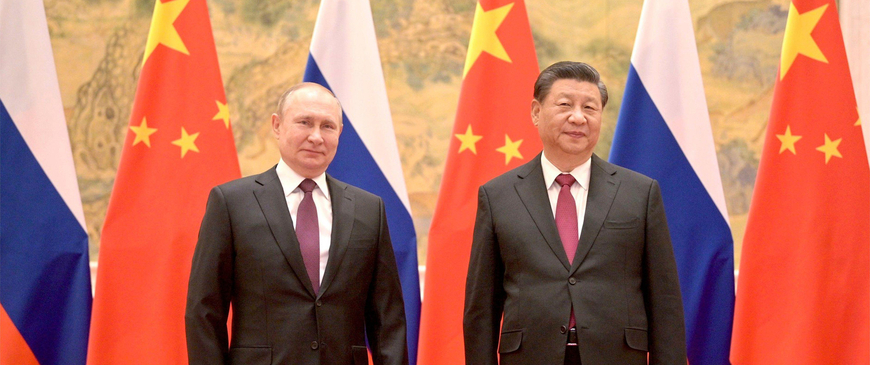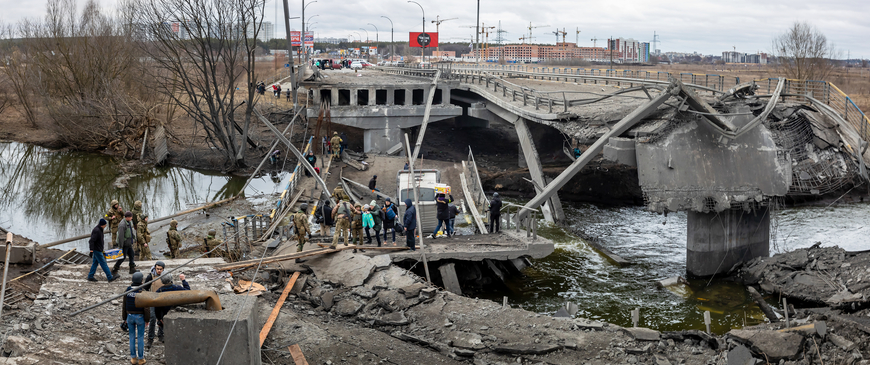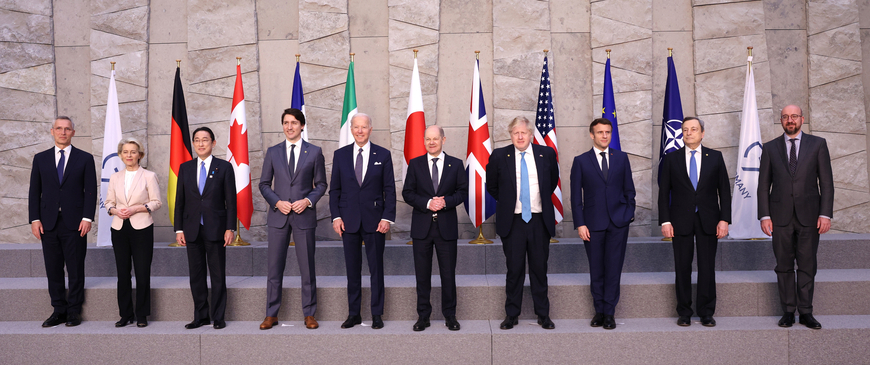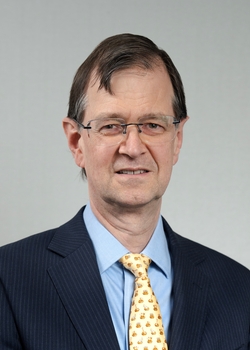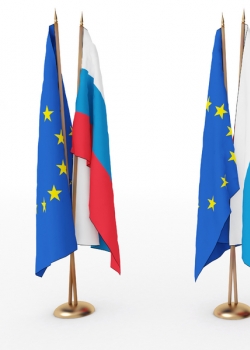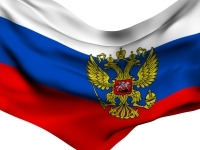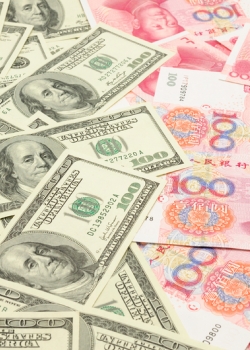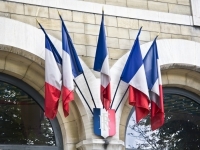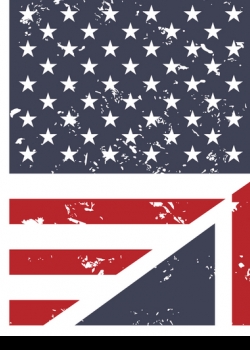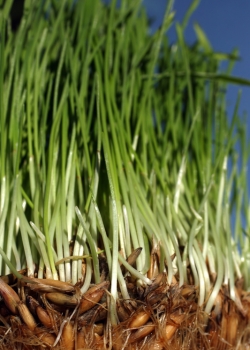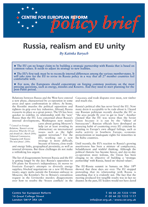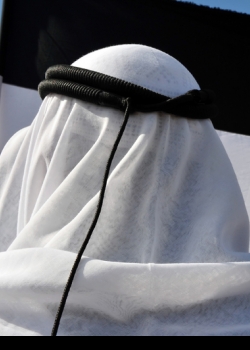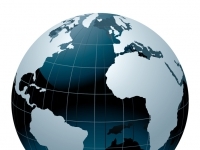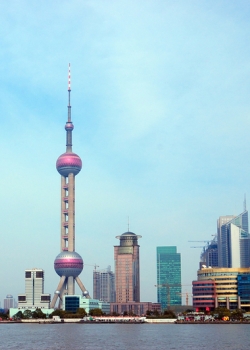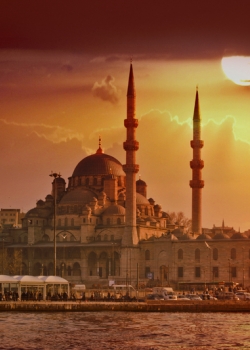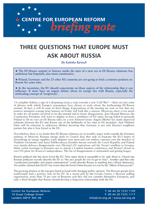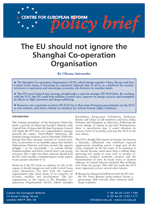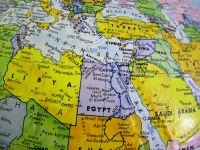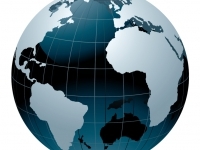China & Russia
EU-Russia: No more ambitions
01 November 2007
The CER organised a conference on EU-Russia relations in Brussels on October 30th, together with ‘Russia Profile’ magazine. I have been to dozens of these EU-Russia meetings in the last couple of years.
Can the EU learn to live with Chinese mercantilism?
29 October 2007
Not long after its launch, the euro was famously dismissed by a disgruntled currency trader as a “toilet currency”. How things have changed.
A grand bargain with Russia?
19 October 2007
Relations between the Russia and the West have not been so prickly since the break-up of the Soviet Union. Viewed from the US and the EU, Russia is being obstructive across a whole swathe of issues, such as its blockade of trade with Georgia, its refusal to accept independence for Kosovo, and its opposition to further UN sanctions on Iran.
What should Europe do about sovereign wealth funds?
01 October 2007
Several EU governments have become alarmed about sovereign wealth funds (SWFs). Germany, for example, is thinking of preventing such funds from buying local companies in sensitive sectors.
Transatlantic relations after Bush
01 October 2007
Answer this: which US president bombed Iraq, attacked Afghanistan, and started a war without UN Security Council approval? Here is a hint: the same president, explaining why he launched the strike on Iraq, said: “Saddam Hussein must not be allowed to threaten his neighbours or the world with nuclear arms,...
Issue 56 - 2007
28 September 2007
- What should Europe do about sovereign wealth funds?, Katinka Barysch, Philip Whyte
- Yes to a referendum, but not on this treaty, Hugo Brady
- Transatlantic relations after Bush, Kori Schake
Sarkozy on America and the world
29 August 2007
In his first 100 days in the office, Nicolas Sarkozy turned France’s domestic political scene on its head. He trounced and marginalised the far-right National Front in the May presidential elections.
Europe in the US-UK special relationship
02 August 2007
Gordon Brown scarcely mentioned Europe during his visit to the United States, certainly much less than Tony Blair used to. That is understandable.
Re-imagining EU development aid
01 August 2007
Imagine the Berlaymont late at night. A full moon hangs in the sky. High up in the building, an office lamp still shines. It illuminates four people. They are sprawled comfortably in armchairs for an intimate conversation. The four lead the EU on international affairs.
Reciprocity will not secure Europe’s energy
01 August 2007
As Moscow growls angrily at the West, Europeans are becoming more worried about their energy supplies. Will Russia be willing to sell us the gas we need to heat our houses and power our industries? Will it be able to?
Russia, realism and EU unity
20 July 2007
The Litvinenko murder case is only one of a growing number of disputes between the Kremlin and EU countries. But the EU has been slow to reassess its relations with a more autocratic and assertive Russia. Divisions within the EU have not helped.
The EU should talk to Hamas
11 July 2007
The conspicuous role of Hamas in the recent release of Alan Johnston was not only good news for the BBC correspondent. Hamas showed that it cares about how it is perceived abroad, that it wants to be considered a credible actor, and that it hopes to end its international isolation.
G8 and world politics
11 June 2007
Angela Merkel can be content with the outcome of the G8 summit in Heiligendamm which she chaired with her by now characteristic mix of modesty, determination and pragmatism.
Europe and America’s debate about foreign policy
01 June 2007
Washington’s holiday from strategic debates is over. In the years immediately after September 11th, feelings of solidarity with a president at war prevented serious discussions on the merits of US foreign policy.
Industrial policy – back to the future?
01 June 2007
In his book ‘Testimony’, Nicolas Sarkozy, the newly elected French president, wrote that his finest hour as finance minister of France was the government’s rescue of Alstom, a French maker of high-speed trains and telecoms equipment. The company’s banks had refused to extend further credit, and with Siemens – a...
Issue 54 - 2007
25 May 2007
- Sarkozy, secularism and Turkey’s European future, Katinka Barysch
- Europe and America’s debate about foreign policy , Tomas Valasek
- Industrial policy – back to the future?, Simon Tilford
Three questions that Europe must ask about Russia
16 May 2007
On Friday 18 May 2007, EU leaders meet Russian President Vladimir Putin in Samara. The summit will have few tangible results, partly because the Union is internally divided.
The EU should not ignore the Shanghai Co-operation Organisation
11 May 2007
The Shanghai Co-operation Organisation (SCO) is an organisation of increasing strategic importance. It brings together Russia, China and four Central Asian states.
The EU and Arab reform
27 April 2007
The Arab Reform Initiative held its annual conference in Amman, Jordan, on 18th April. Founded in 2005, ARI is a consortium of a dozen research centres that advocate peaceful and gradual political, economic and social reform in the region. A few non-Arab think-tanks are also involved, including the Centre for European Reform, but it is very much led and managed by Arab research centres. The CER is part of ARI because it believes that ARI offers an excellent opportunity to encourage reform in a region that is deeply suspicious of outside influence.
Globalisation: Business versus politics?
20 April 2007
The CER and Accenture brought together a group of business people, journalists and policy analysts today, to discuss what the world may look like in 2020. What struck me is that there is not one debate about globalisation but several. And they hardly touch.

